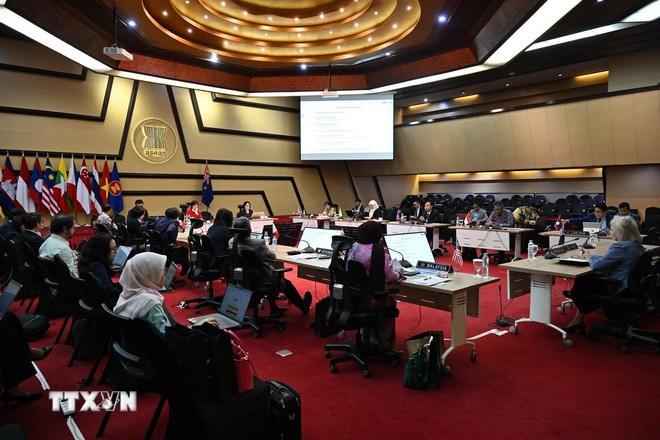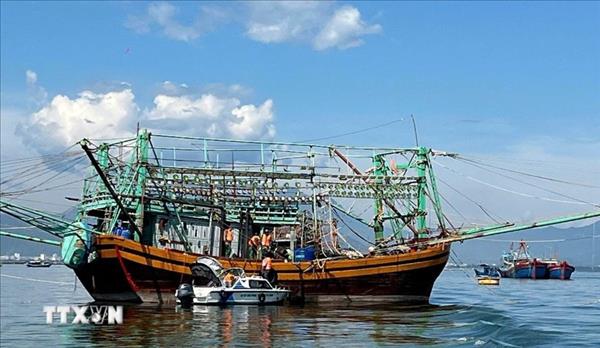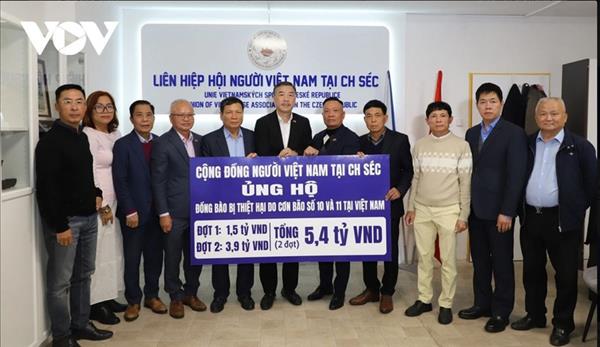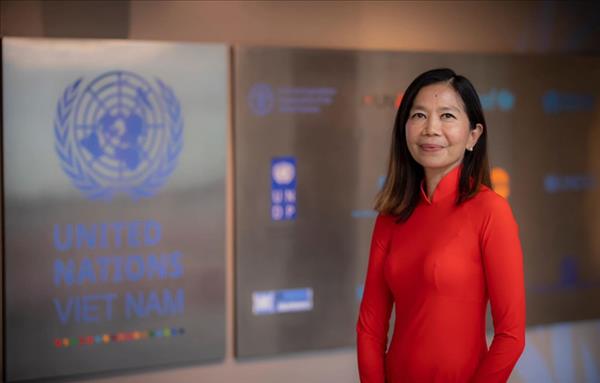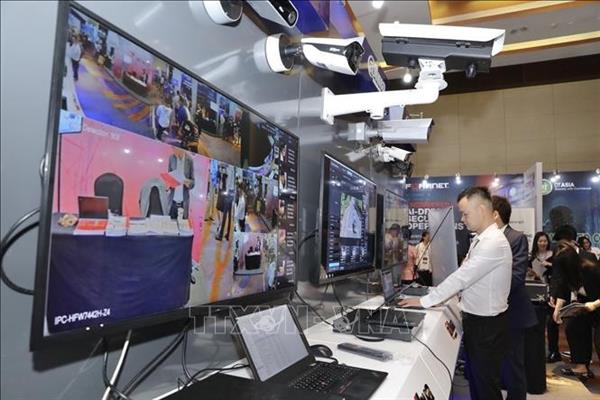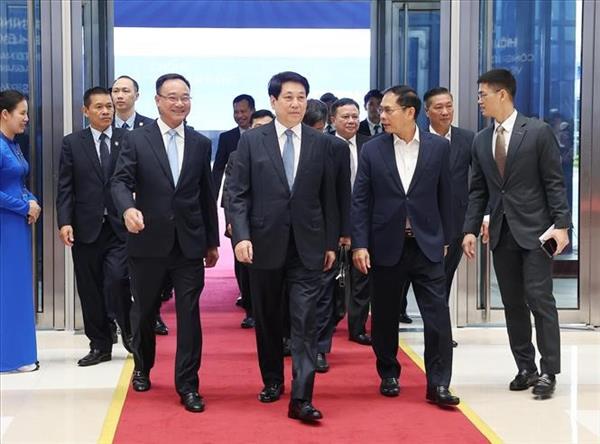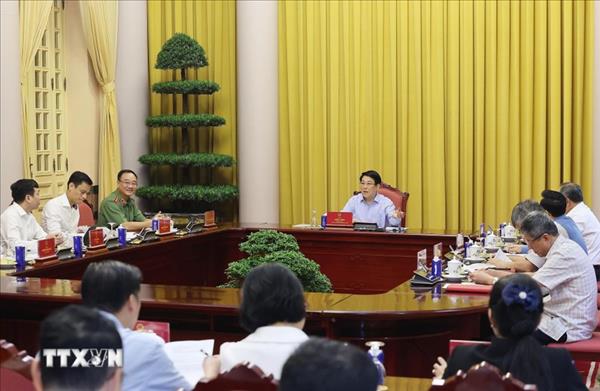Vietnam has actively engaged in ASEAN’s discussions, sharing its perspectives and experience in sustainable development and responses to emerging economic challenges, according to Ambassador Ton Thi Ngoc Huong, Permanent Representative of Vietnam to ASEAN.
She told the Vietnam News Agency on the threshold of the 47th ASEAN Summit and Related Summits scheduled for October 26-28 in Malaysia that Vietnam stands ready to work with other member states to strengthen cooperation, share experience and resources to overcome challenges and seize opportunities to build an inclusive, resilient and prosperous ASEAN Community.
Various initiatives will be put forth at the upcoming summit to bolster deeper digital and economic integration, including the ASEAN Digital Economy Framework Agreement (DEFA) – a key initiative to promote the bloc’s digital transformation, she said, noting that the agreement demonstrate ASEAN’s resolve to foster regional integration based on digital foundation. The DEFA, with negotiations having been completed 70%, is expected to be signed in late next year, potentially doubling the region’s digital economy to some 2 trillion USD by 2030.
According to Huong, the agreement will help establish a harmonious legal frame work to support cross-border data flows while ensuring cybersecurity and privacy. It will also enhance opportunities for small and medium enterprises, startups, and youth-led businesses to engage in the regional digital market, spurring innovation and strengthening ASEAN’s collective competitiveness.
As for Vietnam, the DEFA is said to deliver tangible benefits across various domains, she said, elaborating it will promote national digital transformation, boost digital service export and e-commerce, and generate high-skilled jobs. Besides, it will help reduce compliance costs, enhance businesses’ competitive edge, and attract foreign investment in technology, innovation, and digital infrastructure.
The diplomat underscored that the DEFA’s success will not only elevate ASEAN’s standing in the global digital economy but also allow Vietnam to better integrate into regional value chains and leverage digital growth for sustainable development.
Regarding the ASEAN Geoeconomics Task Force (AGTF) report, Huong said it is a strategic and forward-looking assessment to boost the bloc’s resilience and deep and sustainable economic integration. It focuses on such key areas as enhancing the capacity to implement economic commitments, promoting green transition and digital transformation, and improving investment climate.
The AGTF calls for swift action to address trade disruptions, advance key agreements like Regional Comprehensive Economic Partnership, ASEAN Trade in Goods Agreement, and DEFA, and establish a lasting mechanism for regional economic security. It also urges deeper market integration, harmonised origin rules, and stronger coordination with global partners and the private sector.
Vietnam supports the orientations penned in the AGTF, she said, adding amidst global uncertainties, ASEAN must take concrete and collective actions to enhance regional connectivity, remove barriers, and promote inclusive growth.
She went on to highlight Vietnam’s role as ASEAN – New Zealand relations coordinator for 2024-2027, stating Vietnam has worked to bolster collaboration between the two sides. With ASEAN and New Zealand celebrating the 50th anniversary of their dialogue partnership this year, Vietnam has advanced the completion of key documents to elevate the relationship to a Comprehensive Strategic Partnership in late October.
The joint vision statement and the ASEAN–New Zealand plan of action for 2026–2030, will be finalised to guide cooperation in connectivity, digital transformation, sustainable development, climate action, education, and people-to-people exchange.
Being the Chair of the Initiative for ASEAN Integration (IAI) Task Force, the country is promoting the AIA action plan for the 2026-2030, aimed at narrowing develop gaps among ASEAN members. She said the plan focuses on six strategic areas aligned with emerging trends – food and agriculture, microenterprises and informal sector, education and skills, public health, locality community resilience and empowerment, and inclusive and sustainable growth.
Vietnam has proactively joined hands with other ASEAN member states, partners, and research institutes to ensure that the plan will bring concrete benefits, especially to Cambodia, Laos, Myanmar, Vietnam, and Timor-Leste, expected to be officially admitted to ASEAN at the upcoming Summit./.

